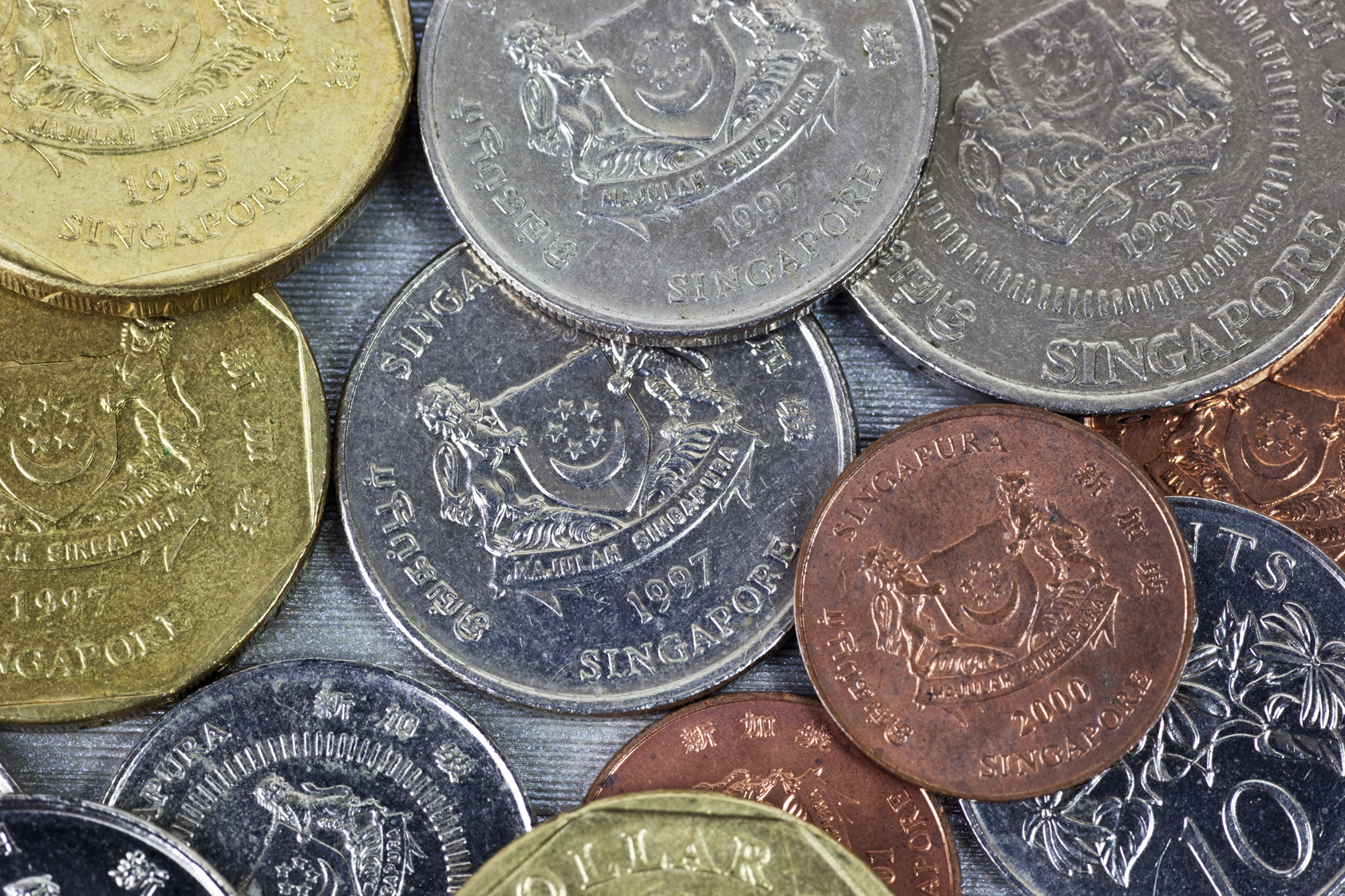After six long years of disputes, debates and legal back-and-forth, the member states of the European Union have endorsed the trade agreement between the bloc and Singapore, paving the way for the agreement to enter into force next week.
In a statement, European Commission president Jean-Claude Juncker says: “This is the European Union’s first bilateral trade agreement with a Southeast Asian country, a building block towards a closer relationship between Europe and one of the most dynamic regions in the world. It crowns the efforts of this commission to build a network of partners committed to open, fair and rules-based trade.”
The Singapore deal is a ‘new generation’ bilateral trade agreement that, in addition to reducing customs duties and tariffs, also touches on matters relating to intellectual property, protection, investment, public procurement, competition and sustainable development.
Under the trade agreement, Singapore will remove all remaining tariffs on EU products. The agreement will also enable legal protection for 138 iconic European food and drink products within the Singaporean market – which is already the third-largest destination for such European speciality products.
As part of the deal, Singapore will also remove non-tariff obstacles to trade in key sectors, for instance by recognising the EU’s safety tests for cars and many electronic appliances or by accepting labels that EU companies use for textiles. Meanwhile, it will open up the European market for Singaporean firms, who already represent the largest Asean and third largest Asian investors in the EU, with the stock of Singapore’s direct investment into the bloc increasing more than five times over the past decade.
“The commencement of the EU-Singapore free trade agreement (EUSFTA) is a panacea for the Singapore and European economic corridor,” says Tony Cripps, CEO of HSBC Singapore. “Its impact goes to the heart of sectors and issues that matter for Singapore, including electronics, pharmaceuticals and chemical manufacturing. Whilst the starting gun for this FTA has been sounded, the key now is to convert trade policy into pragmatic commercial activity for Singapore corporates.”
Getting the deal done has not been an easy task. Originally signed in 2013, it hit a major stumbling block in 2017 when, in a landmark ruling, the European Court of Justice (ECJ) ruled that the pact could not be ratified at EU level, but instead would need individual member state approval. Two years on, and this has finally been achieved, taking the EU one step closer to its eventual goal: a future region-to-region agreement.
Asean and the EU: a long courtship
After a series of disagreements ranging from human rights issues to a lack of consensus among Asean members, the EU suspended efforts to strike a bloc-to-bloc deal with the 10-nation group in 2009, opting instead to go country-by-country with the eventual aim of working up to a wider pact. Although this current trade agreement only encompasses trade flows between Singapore and the EU, its flexible rules of origin wording will in fact serve in many respects as a gateway to Europe for the whole bloc: under the terms of the deal, materials sourced from Asean member states can be deemed as originating from Singapore when incorporated into certain final products, which can enable such products to qualify for preferential tariff treatment.
“The unique concept of Asean cumulation enables not only Singapore but also Asean to reap the rewards of EUSFTA,” Ajay Sharma, APAC head of global trade and receivables finance at HSBC, tells GTR. “As materials sourced within Asean could now be accepted as originating in Singapore, EUSFTA would further knit Asean together, harnessing its potential as a manufacturing hub and enhancing its overall competitiveness.”
Next up for ratification is the deal signed between the EU and Vietnam earlier this year. It, too, has faced opposition, with a group of European lawmakers last September publishing an open letter calling on the Asian country to improve its human rights record ahead of any vote on the deal.
However, the EU says the agreement contains a “strong, legally binding commitment to sustainable development, including the respect of human rights, labour rights, environmental protection and the fight against climate change”, and expects ratification to come by the end of the year.
The next deal for the EU in Asean will likely be with Indonesia, while negotiations with Thailand, Malaysia and the Philippines are currently on hold.







